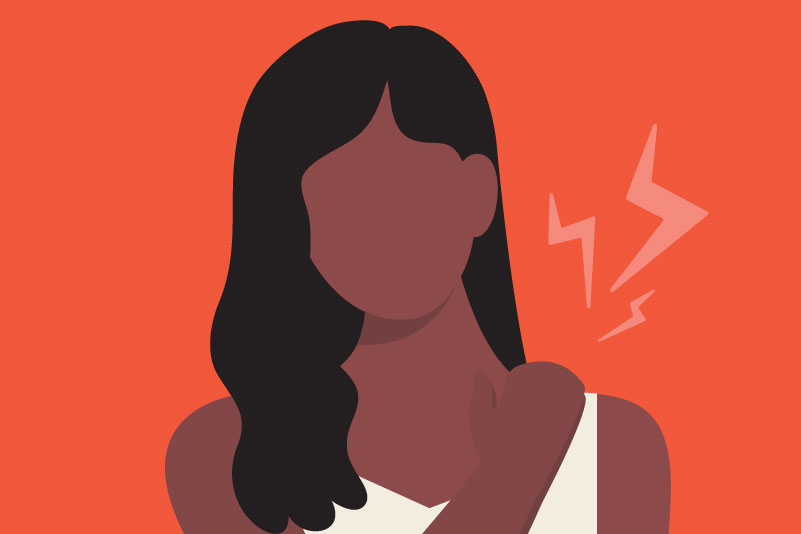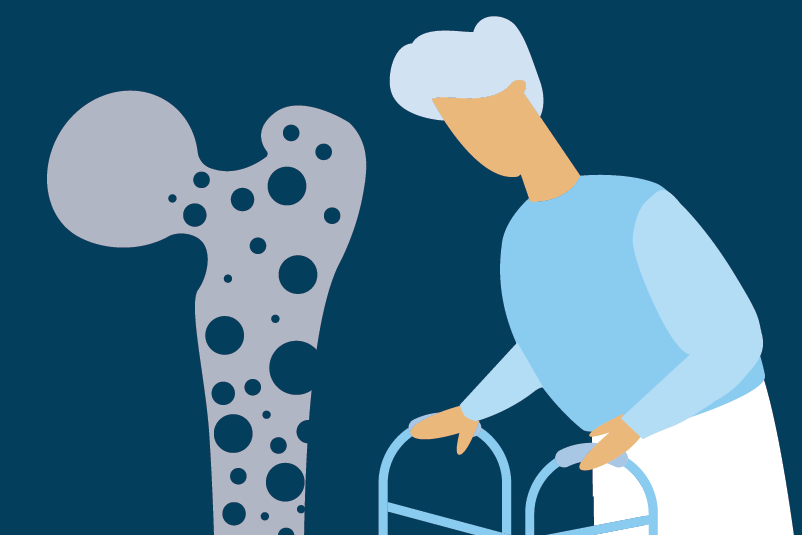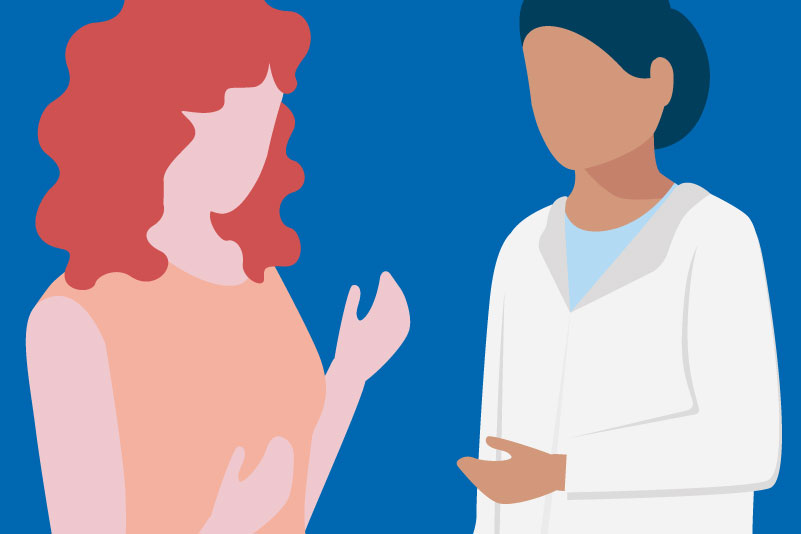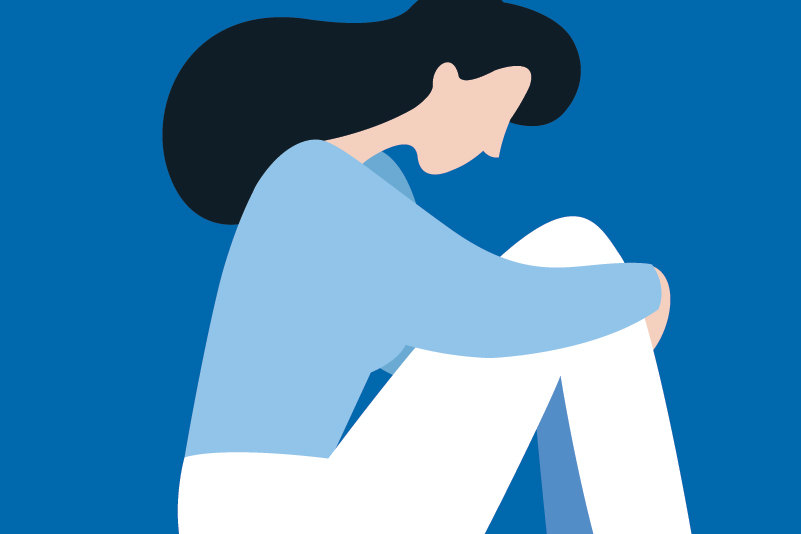#60 Antipsychotics for depression: An acceptable risk/benefit profile?

Reading Tools for Practice Article can earn you MainPro+ Credits
Join NowAlready a CFPCLearn Member? Log in
- Antipsychotic versus antidepressant: Equivalence is uncertain.
- Olanzapine (five trials, 779 patients): Two of five olanzapine studies found antidepressants superior (three found no difference).
- Quetiapine (one trial, 309 patients): Equivalent but only one trial.
- Antipsychotic versus placebo: Only quetiapine (four trials, 2,069 patients) was studied in depression without psychosis:
- Response (Number Needed to Treat (NNT)=8) and remission (NNT=17)
- Antipsychotic added to (augmenting) antidepressants: 12 trials using aripiprazole, olanzapine, quetiapine, or risperidone:
- Response (NNT=7-12) and remission (NNT=7-12).
- Adverse events were common, and typical of the antipsychotic studied (example 4 kg weight gain with olanzapine).
- More patients stopped due to adverse events in the antipsychotic group: Number Needed to Harm (NNH)=6-13 when used alone and NNH=12-50 when used as augmentation.
- Insufficient evidence to determine if one antipsychotic is superior to others.
- Trials in systematic reviews have a high risk of bias including unclear allocation concealment, selective reporting and short trial duration (22 of 28 studies <12 weeks)
- Although not assessed, selective publication (not publishing negative studies)6 and sponsorship bias7 are common concerns in the literature.
- Canadian8 and American9 depression guidelines include the option of second-generation antipsychotics alone or as augmentation therapy in patients who have failed first-line antidepressants.
- Efficacy of second-generation antipsychotics is minimal in some anxiety conditions (like Generalized Anxiety Disorder) but may help others (like Obsessive Compulsive Disorder).10







Good refresher